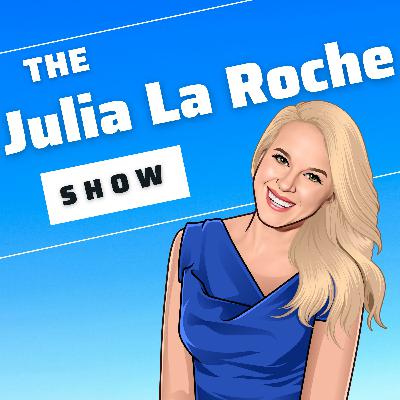#311 Steve Hanke: Money Supply Acceleration Could Reignite Asset Bubbles and Inflation
Description
Professor Steve H. Hanke, professor of applied economics at Johns Hopkins University and the founder and co-director of the Institute for Applied Economics, Global Health, and the Study of Business Enterprise, joins Julia La Roche on 311.
This episode is brought to you by VanEck.
Learn more about the VanEck Rare Earth and Strategic Metals ETF: http://vaneck.com/REMXJulia
In this episode, Professor Hanke warns that the Fed's decision to end quantitative tightening in December, combined with bank deregulation unlocking $2.6 trillion in lending capacity, could trigger dangerous money supply acceleration and reignite asset bubbles and inflation. He criticizes the Fed for "flying blind" by rejecting the quantity theory of money in favor of a volatile "data-dependent" approach. On recession, Professor Hanke sits "on the fence"—labor weakness justifies rate cuts, but money supply acceleration could prevent any slowdown. He maintains gold will reach $6,000 in this secular bull market.
Links:
Twitter/X: https://x.com/steve_hanke
Making Money Work book: https://www.amazon.com/Making-Money-Work-Rewrite-Financial/dp/1394257260
0:00 - Intro and welcome back Professor Steve Hanke
1:20 - Big picture: money supply as fuel for the economy
3:30 - Fed ending quantitative tightening in December
6:00 - Yellow lights flashing: potential money supply acceleration, asset price inflation concerns and stock market bubble
Fed 8:35 - Fed funds rate cut probability fluctuating wildly
9:36 - Quantity theory of money vs. data-dependent Fed
11:37 - Flying blind by ignoring money supply
21:30 - Making Money Work book discussion
26:15 - Gold consolidating around $4,000, why it's headed to $6,000
29:24 - Recession probability: sitting on the fence
30:45 - Labor market weakness vs. money supply acceleration
32:12 - Why rate cut is justified based on labor market
33:13 - Closing





